News in Brief
-
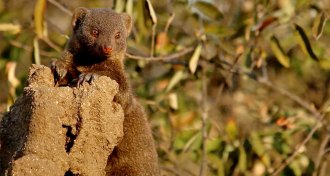 Animals
AnimalsOnce settled, immigrants play important guard roles in mongoose packs
Dwarf mongoose packs ultimately benefit from taking in immigrants, but there’s an assimilation period.
-
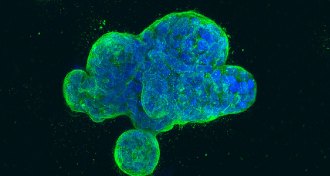 Health & Medicine
Health & MedicineWhen tumors fuse with blood vessels, clumps of breast cancer cells can spread
Breast cancer tumors may merge with blood vessels to help the cancer spread.
-
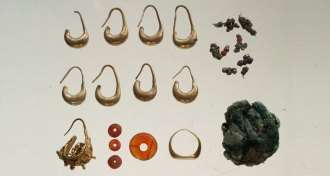 Archaeology
ArchaeologyHidden hoard hints at how ancient elites protected the family treasures
A secret stash at an ancient site in Israel called Megiddo illuminates the Iron Age practice of hoarding wealth.
By Bruce Bower -
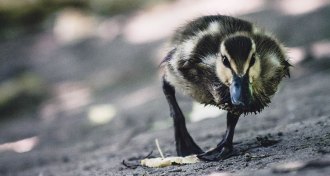 Animals
AnimalsEven a tiny oil spill spells bad news for birds
Just a small amount of crude can make birds less active.
-
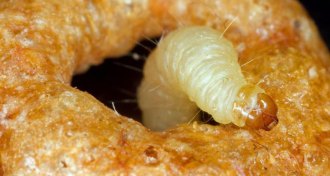 Animals
AnimalsThe key to breaking down plastic may be in caterpillars’ guts
Caterpillars that feast on plastic have different gut microbes than those that eat a grain-based diet.
-
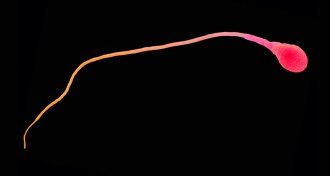 Health & Medicine
Health & MedicineHow dad’s stress changes his sperm
Stress may change sperm via packets of RNA in the epididymis, a mouse study suggests.
-
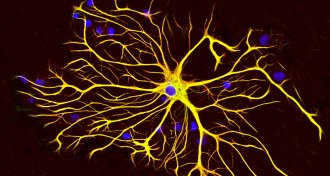 Neuroscience
NeuroscienceThe brain’s helper cells have a hand in learning fear
After a traumatic experience, rat brains release inflammatory signals that come from astrocytes, suggesting a new role for the brain’s “helper” cells.
-
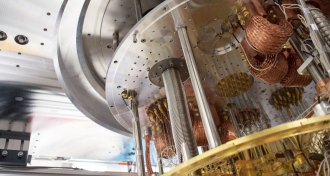 Quantum Physics
Quantum PhysicsQuantum computing steps forward with 50-qubit prototype
Bit by qubit, scientists are edging closer to the realm where quantum computers will reign supreme.
-
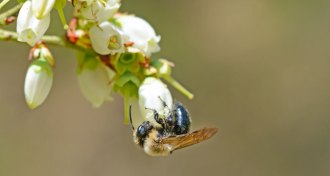 Animals
AnimalsHoneybees fumble their way to blueberry pollination
Blueberry flowers drive honeybees to grappling, even stomping a leg or two down a bloom throat, to reach pollen.
By Susan Milius -
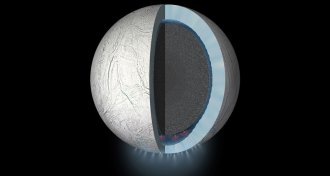 Astronomy
AstronomyA sandy core may have kept Enceladus’ ocean warm
Friction in Enceladus’ porous core could help heat its ocean enough to keep it liquid for billions of years.
-
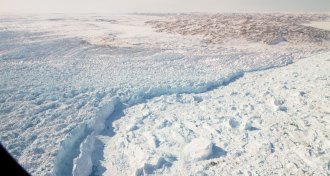 Climate
ClimateHumans are driving climate change, federal scientists say
Human influence “extremely likely” to be dominant cause of warming in last 70 years, U.S. climate report finds.
-
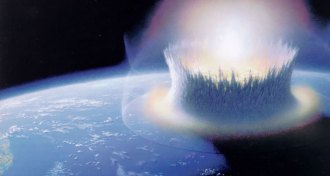 Earth
EarthDino-dooming asteroid impact created a chilling sulfur cloud
The Chicxulub impact spewed more sulfur than previously believed.